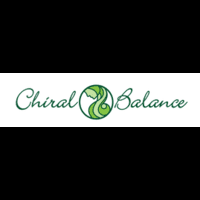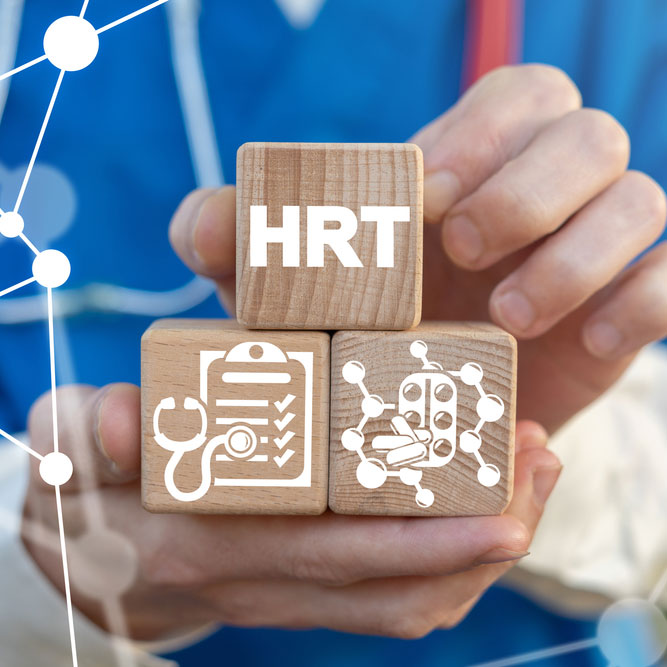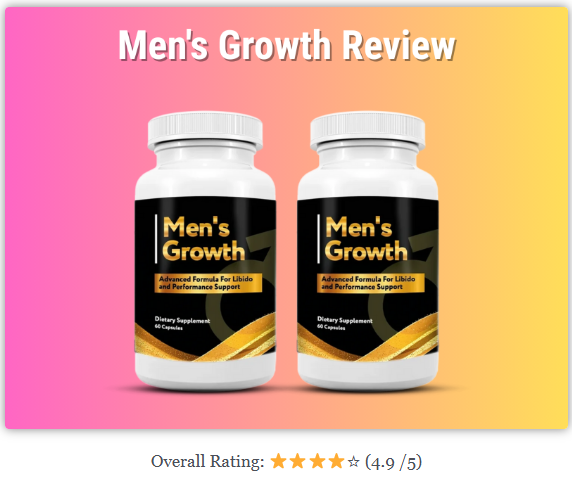What Are Natural Hormone Supplements? Benefits, Risks & How They Work

Strong 8k brings an ultra-HD IPTV experience to your living room and your pocket.
Understanding how our bodies maintain balance is essential to overall well-being. Hormones play a critical role in this equilibrium, affecting everything from mood and sleep to metabolism and reproductive health. When hormonal imbalances occur, some people consider using natural hormone supplements as a potential support option. This article explores what these supplements are, how they are believed to work, their possible benefits and risks, and how individuals might approach them responsibly.
What Are Natural Hormone Supplements?
Natural hormone supplements are products that contain substances either derived from natural sources or designed to mimic the chemical structure of hormones found in the body. These substances may come from plants (often referred to as phytoestrogens), animal glands, or be synthesized to match bioidentical hormones.
The goal of these supplements is not to replace medical treatment but to support the body's existing hormonal functions. They are commonly available over the counter and can be found in various forms, such as capsules, creams, or drops.
How Do They Work?
Natural hormone supplements are designed to interact with the body's endocrine system, which is responsible for hormone production and regulation. Some supplements may mimic the activity of certain hormones, while others aim to stimulate the glands to produce more naturally.
For instance:
Phytoestrogens (plant-based estrogens) are found in soy, flaxseed, and red clover and are structurally similar to human estrogen.
DHEA (Dehydroepiandrosterone) is a hormone produced by the adrenal glands that some supplements aim to mimic or influence.
Adaptogenic herbs like ashwagandha and maca root are believed to help the body manage stress, potentially affecting cortisol levels.
The effects of these supplements can vary significantly from person to person, and scientific support for some claims is still developing.
Common Types of Natural Hormone Supplements
Here are some commonly found ingredients in natural hormone supplements:
Soy Isoflavones: These compounds may have estrogen-like effects.
Black Cohosh: Often used for symptoms related to menopause.
Chasteberry (Vitex): Believed to support progesterone levels.
Maca Root: A Peruvian plant sometimes used to support energy and libido.
Ashwagandha: An adaptogen thought to help with stress-related hormone regulation.
Evening Primrose Oil: Sometimes used for menstrual-related symptoms.
These ingredients are often combined in formulas aiming to support hormonal health.
Potential Benefits of Natural Hormone Supplements
While evidence is still emerging, some people turn to these supplements with the intention of supporting:
Menstrual cycle regulation
Symptoms of menopause such as hot flashes or mood swings
Energy levels and mental clarity
Stress resilience and sleep quality
However, it's essential to note that individual responses may vary and that not all benefits are supported by conclusive scientific evidence.
Natural Supplements for Energy and Focus
In addition to hormonal balance, some supplements are marketed as natural supplements for energy and focus. These often contain ingredients like ginseng, B vitamins, rhodiola, or green tea extract. While these ingredients may have stimulating effects, their influence on hormones is often indirect.
Combining supplements aimed at hormonal balance with those promoting focus should be done with care, especially when addressing overlapping symptoms like fatigue or brain fog.
Risks and Considerations
Before using any kind of hormone supplements, it's important to consider the following:
Lack of regulation: Over-the-counter supplements are not strictly regulated. Quality and purity can vary widely between brands.
Potential interactions: Supplements may interact with medications or other health conditions.
Side effects: Users may experience unwanted effects like headaches, digestive issues, or changes in mood.
Hormonal disruption: Incorrect use can potentially exacerbate hormone imbalances.
Always consult a qualified healthcare provider before starting any new supplement routine.
Who Might Consider Them?
People sometimes explore these supplements when dealing with:
Menstrual irregularities
Perimenopausal or menopausal symptoms
Chronic fatigue or low energy
High stress or difficulty focusing
It's important to remember that supplements are not a substitute for medical evaluation. Blood work and professional diagnosis are necessary for understanding hormone health.
Choosing the Right Product
When exploring supplements, consider the following:
Reputation of the brand: Choose brands that share testing information, such as Chiral Balance.
Ingredient transparency: Look for products that list dosages and source origins.
Third-party testing: Independent testing can verify purity and potency.
Consult a healthcare provider: Especially if you are pregnant, nursing, or taking other medications.
Alternatives and Lifestyle Support
While supplements may support hormonal balance for some, lifestyle changes can also play a crucial role. These include:
Eating a balanced diet rich in fiber, healthy fats, and whole foods
Regular physical activity
Getting adequate sleep
Managing stress through mindfulness or therapy
Avoiding endocrine-disrupting chemicals (e.g., BPA, some pesticides)
Frequently Asked Questions (FAQs)
Are natural hormone supplements safe?
They may be safe for some people when used as directed, but not everyone will respond the same way. Speak with a healthcare provider to evaluate potential risks and benefits for your individual case.
Can I use them alongside my current medication?
Some supplements can interact with medications, particularly hormonal or psychiatric prescriptions. Always consult your doctor before combining treatments.
How long do they take to show effects?
This varies based on the supplement and individual biology. Some people report changes in a few weeks, while others may not notice any difference.
Are they FDA-approved?
Dietary supplements, including natural hormone supplements, are not typically approved by the FDA for safety or effectiveness.
What makes a supplement "natural"?
The term "natural" often refers to ingredients sourced from plants or animals. However, the term is not tightly regulated, so always read the label and research the manufacturer.
Conclusion
Natural hormone supplements are an option that some individuals explore when looking for ways to support hormonal health. While there is growing interest and anecdotal support, it's crucial to approach them with care, understanding the potential benefits and limitations.
Make informed choices by consulting healthcare professionals, choosing reputable brands like Chiral Balance, and considering lifestyle changes alongside any supplement use. As always, stay informed, stay cautious, and prioritize your health with evidence-based decisions.
Note: IndiBlogHub features both user-submitted and editorial content. We do not verify third-party contributions. Read our Disclaimer and Privacy Policyfor details.







